Intro
Discover what a colonoscopy reveals about colon health, including polyps, cancer, and inflammation, with 5 key findings that impact digestive wellness and colon cancer prevention through screening and diagnosis.
The importance of colonoscopy as a diagnostic and preventive tool for colorectal health cannot be overstated. This procedure, which involves the insertion of a flexible tube with a camera and light on the end into the colon, allows doctors to visually examine the inside of the colon and rectum for any abnormalities. It is a crucial method for detecting a range of conditions, from benign polyps to colorectal cancer, at early stages when they are more treatable. Understanding what a colonoscopy can reveal is essential for appreciating its value in maintaining gastrointestinal health.
Colonoscopy is particularly significant because it combines diagnosis with the ability to perform interventions, such as the removal of polyps, during the same procedure. This dual capability makes it a highly efficient and effective tool in the management of colorectal diseases. Moreover, the procedure has undergone significant advancements, making it safer and more comfortable for patients. The information gleaned from a colonoscopy can be life-changing, guiding treatment decisions and potentially preventing serious health issues.
The impact of colonoscopy on public health is substantial, with its use contributing to a decline in the incidence and mortality rates of colorectal cancer. This decline is attributed to the early detection and removal of precancerous polyps, which, if left untreated, could develop into cancer. By understanding the various findings that can result from a colonoscopy, individuals can better appreciate the importance of this screening tool in their healthcare regimen. From identifying inflammatory conditions to detecting cancer at its earliest stages, the insights gained from a colonoscopy are invaluable.
Introduction to Colonoscopy Findings
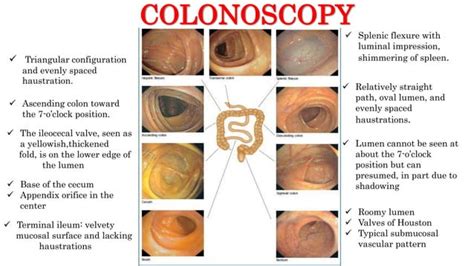
A colonoscopy can reveal several critical pieces of information about an individual's colorectal health. Among the key findings are polyps, which are growths on the inner lining of the colon or rectum. While many polyps are benign, some have the potential to become cancerous over time. The ability to identify and remove these polyps during a colonoscopy is a significant aspect of colorectal cancer prevention.
Types of Polyps
There are several types of polyps, including: - Adenomatous polyps (adenomas), which are the most common type and have the potential to become cancerous. - Hyperplastic polyps, which are usually benign and rarely become cancerous. - Inflammatory polyps, which can occur in individuals with inflammatory bowel disease (IBD).Colon Cancer Detection
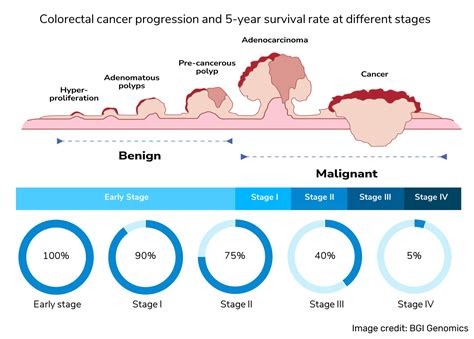
One of the most critical roles of colonoscopy is in the detection of colon cancer. Colorectal cancer often begins as a polyp, and the removal of these precancerous growths can prevent the development of cancer. When cancer is detected through colonoscopy, it is typically at an early stage, which significantly improves treatment outcomes. Early detection also allows for less invasive treatments, improving the quality of life for patients.
Stages of Colon Cancer
The stages of colon cancer, ranging from 0 to IV, indicate the extent of the cancer's spread. Early stages (0 and I) are generally more treatable and have a better prognosis. The ability of colonoscopy to identify cancer at these stages underscores its importance in cancer screening.Inflammatory Bowel Disease (IBD) Diagnosis
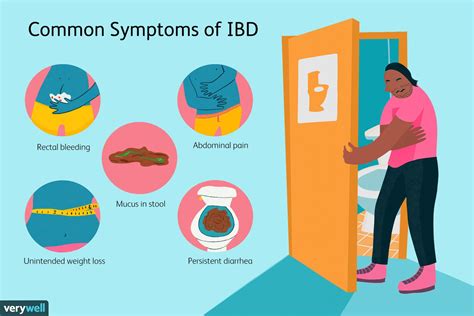
Colonoscopy plays a crucial role in the diagnosis and management of inflammatory bowel diseases (IBD), such as Crohn's disease and ulcerative colitis. During the procedure, the doctor can visually assess the extent and severity of inflammation, which helps in diagnosing the condition and in monitoring the effectiveness of treatments.
IBD Management
- **Assessment of Disease Extent:** Colonoscopy helps in determining how much of the colon is affected by the disease. - **Biopsy:** Tissue samples can be taken during the procedure for further examination, which can aid in making a definitive diagnosis. - **Monitoring Disease Activity:** Regular colonoscopies can help in assessing the effectiveness of treatment and in making adjustments as necessary.Detection of Diverticulosis
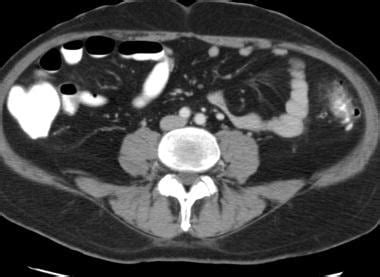
Diverticulosis refers to the condition of having diverticula, which are small, bulging pouches in the digestive tract, most commonly in the colon. While diverticulosis itself may not cause symptoms, it can lead to complications such as diverticulitis (inflammation of the diverticula) or bleeding. Colonoscopy can identify diverticula and assess for any complications.
Complications of Diverticulosis
- **Diverticulitis:** Inflammation of the diverticula, which can cause severe abdominal pain, fever, and changes in bowel habits. - **Bleeding:** Diverticula can bleed, leading to blood in the stool. - **Obstruction:** In rare cases, diverticulosis can lead to a blockage of the colon.Identification of Angiodysplasia
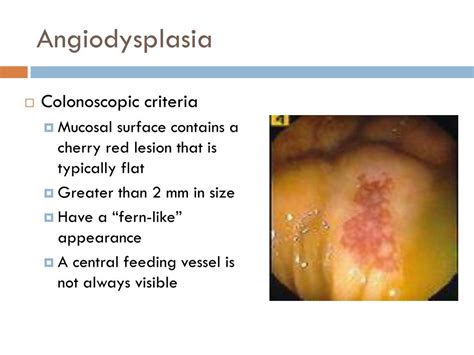
Angiodysplasia refers to the presence of abnormal blood vessels in the colon, which can cause bleeding. This condition is more common in older adults. During a colonoscopy, these vessels can be identified and treated to prevent or stop bleeding.
Treatment of Angiodysplasia
Treatment options for angiodysplasia include: - **Endoscopic Treatments:** Such as cauterization or the application of clips to stop bleeding. - **Medications:** To manage bleeding or to reduce the risk of future bleeding episodes.Conclusion and Future Directions
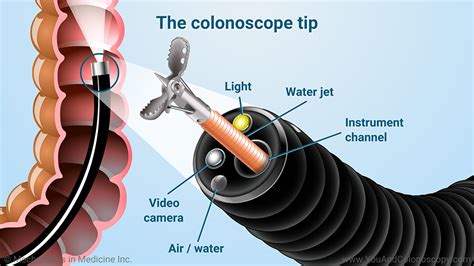
In summary, colonoscopy is a powerful tool in the diagnosis, prevention, and management of various colorectal conditions. Its ability to detect polyps, cancer, inflammatory diseases, diverticulosis, and angiodysplasia makes it an indispensable part of gastrointestinal health maintenance. As medical technology continues to evolve, the role of colonoscopy in healthcare is likely to expand, offering even more precise and minimally invasive diagnostic and therapeutic options.
We invite readers to share their experiences or ask questions about colonoscopy and its role in maintaining colorectal health. The importance of this screening cannot be overstated, and we encourage everyone to consult with their healthcare provider about when and how often they should undergo a colonoscopy. By staying informed and proactive about our health, we can work towards preventing diseases and improving treatment outcomes.
What is the recommended age to start colonoscopy screenings?
+For individuals with an average risk of colorectal cancer, screenings are typically recommended to start at age 45. However, this may vary based on personal and family medical history, so it's essential to consult with a healthcare provider.
How often should I have a colonoscopy?
+The frequency of colonoscopies depends on the findings of previous screenings and your individual risk factors. If no polyps or cancer are found, a follow-up colonoscopy is usually recommended in 10 years. If polyps are removed, the next screening may be recommended in 3 to 5 years.
What preparations are needed before a colonoscopy?
+To prepare for a colonoscopy, you will typically need to follow a clear liquid diet for a day before the procedure and use a bowel prep to cleanse your colon. Your healthcare provider will give you specific instructions based on your medical history and the type of bowel prep prescribed.
